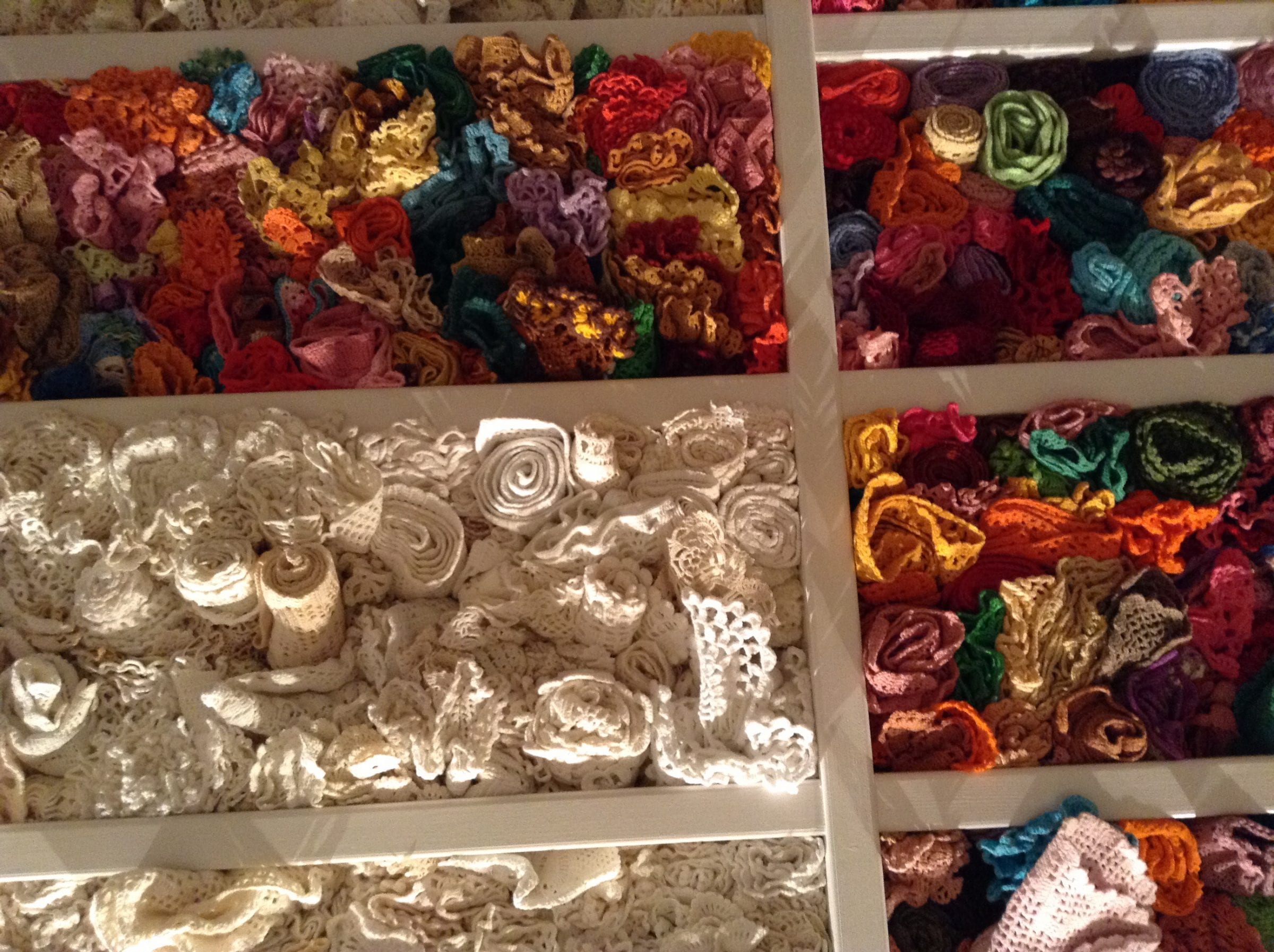Locke, Rousseau, Jefferson: these were our conversation partners on Wednesday as we considered the thinking behind the Declaration of Independence. Although perhaps tangential, the thing that struck me about both Locke and Rousseau was their speculative imagination. What was life like before governments? Yes, there was some reference to the Greek cities and to Rome, but also ungrounded assertion about “the state of nature.”

Edward Hicks (American, 1780–1849), Peaceable Kingdom, 1834.
This evoked memories of the 1980s and assertions that there must have been a matriarchal era before patriarchy became the dominant organization of society. Which of the French feminists wrote, “What we cannot remember we must invent”? Or, something rather like it?
Is this all a deep human desire to be assured that there was once something better than we have and that if we know it we can return to it? Perhaps, secularized versions of the Garden of Eden modified to one’s own preferences and interest? This impulse matters because what we imagine is likely to also inform what we endeavor to construct.
